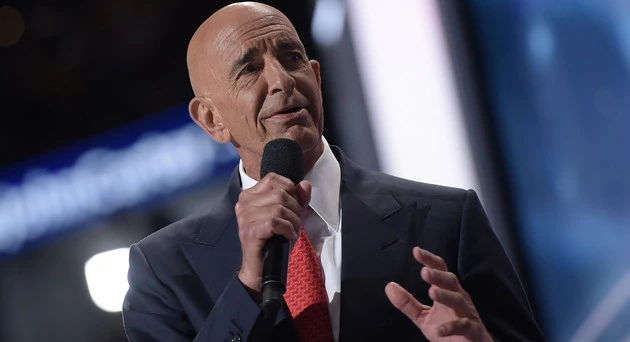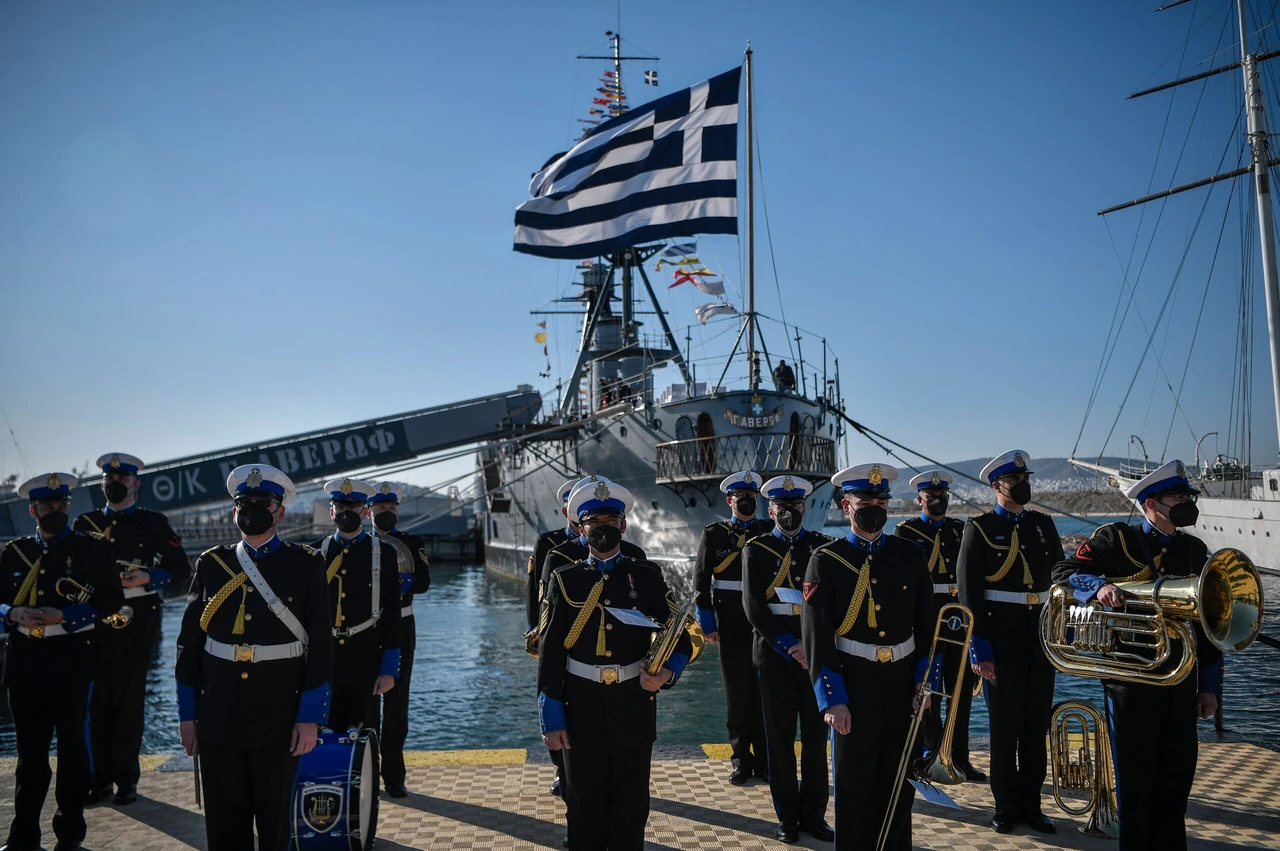US Secretary of State Rubio reaffirms NATO commitment, urges 5% defense spending target
 US Secretary of State Marco Rubio holds a joint statement with NATO Secretary General during a meeting of NATO Ministers of Foreign Affairs at NATO's headquarters in Brussels on April 3, 2025. (AFP Photo)
US Secretary of State Marco Rubio holds a joint statement with NATO Secretary General during a meeting of NATO Ministers of Foreign Affairs at NATO's headquarters in Brussels on April 3, 2025. (AFP Photo)
U.S. Secretary of State Marco Rubio reaffirmed the United States’ commitment to NATO on Thursday, calling on all member states to increase their defense spending to 5% of gross domestic product (GDP), including the U.S. itself.
Speaking ahead of his first NATO Foreign Ministers Meeting in Brussels, Rubio emphasized that the U.S. remains an active and engaged partner within the alliance, pushing back against speculation to the contrary.
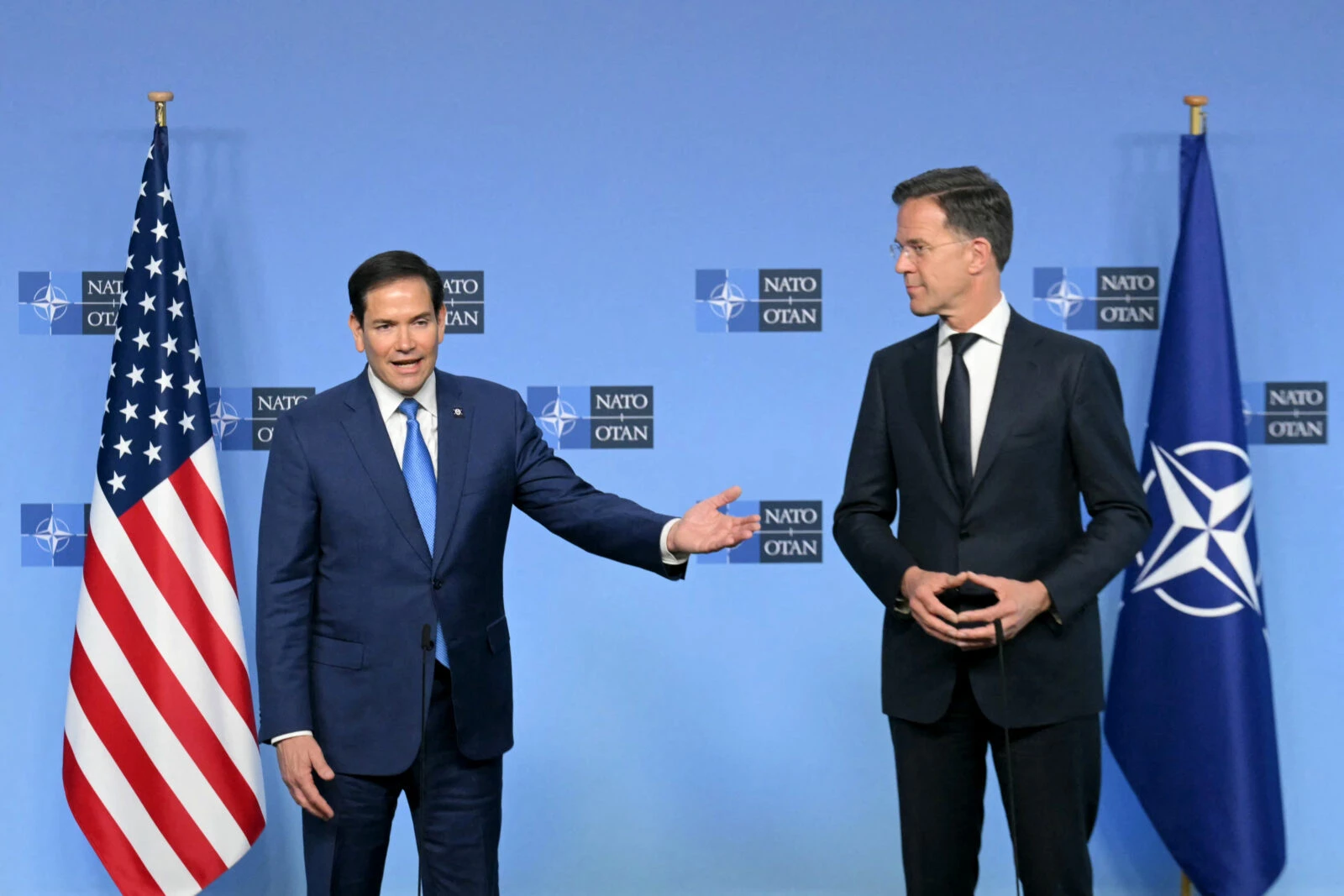
United States remains fully engaged in NATO
Rubio addressed concerns circulating in international and U.S. media, stating, “The United States is in NATO. The United States is as active in NATO as it has ever been. Some of the hysteria and exaggeration surrounding our role is unfounded.”
He further clarified that President Donald Trump supports NATO, “Trump is not against NATO. He is against a NATO that lacks the capabilities necessary to meet its treaty obligations.”
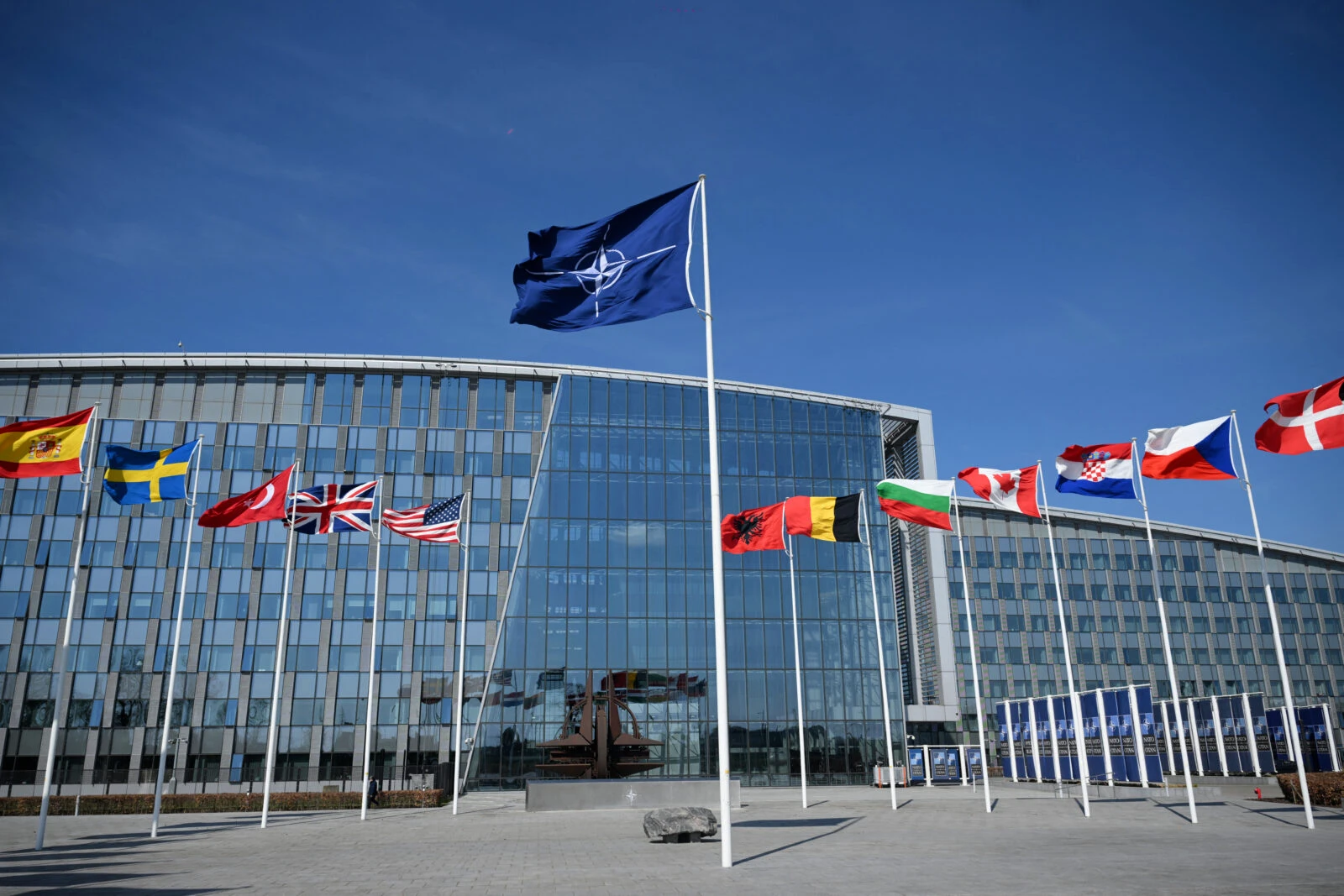
Call for increased defense spending
Highlighting the ongoing conflict in Ukraine, Rubio argued that deterrence through hard power is more relevant than ever, “There is a full-scale ground war in the heart of Europe reminding us that hard power is still necessary. That’s why we must ensure every member is on a realistic path to committing and meeting a 5% GDP defense spending target.”
Rubio acknowledged that achieving this benchmark would take time but stressed that the commitment must be genuine and shared by all allies.
“No one expects this to be achieved in one or two years. But the path forward has to be real,” he added.
NATO allies already increasing defense budgets
NATO Secretary General Mark Rutte also spoke ahead of the meeting, stating that Europe is experiencing the highest increase in defense spending since the end of the Cold War.
“European allies are ramping up defense spending at an unprecedented pace, but we still need more,” Rutte said.
Rutte mentioned that 23 of NATO’s 32 members reached the current 2% GDP target last year, but emphasized the need for more, suggesting that a realistic new baseline could be above 3% for some countries.
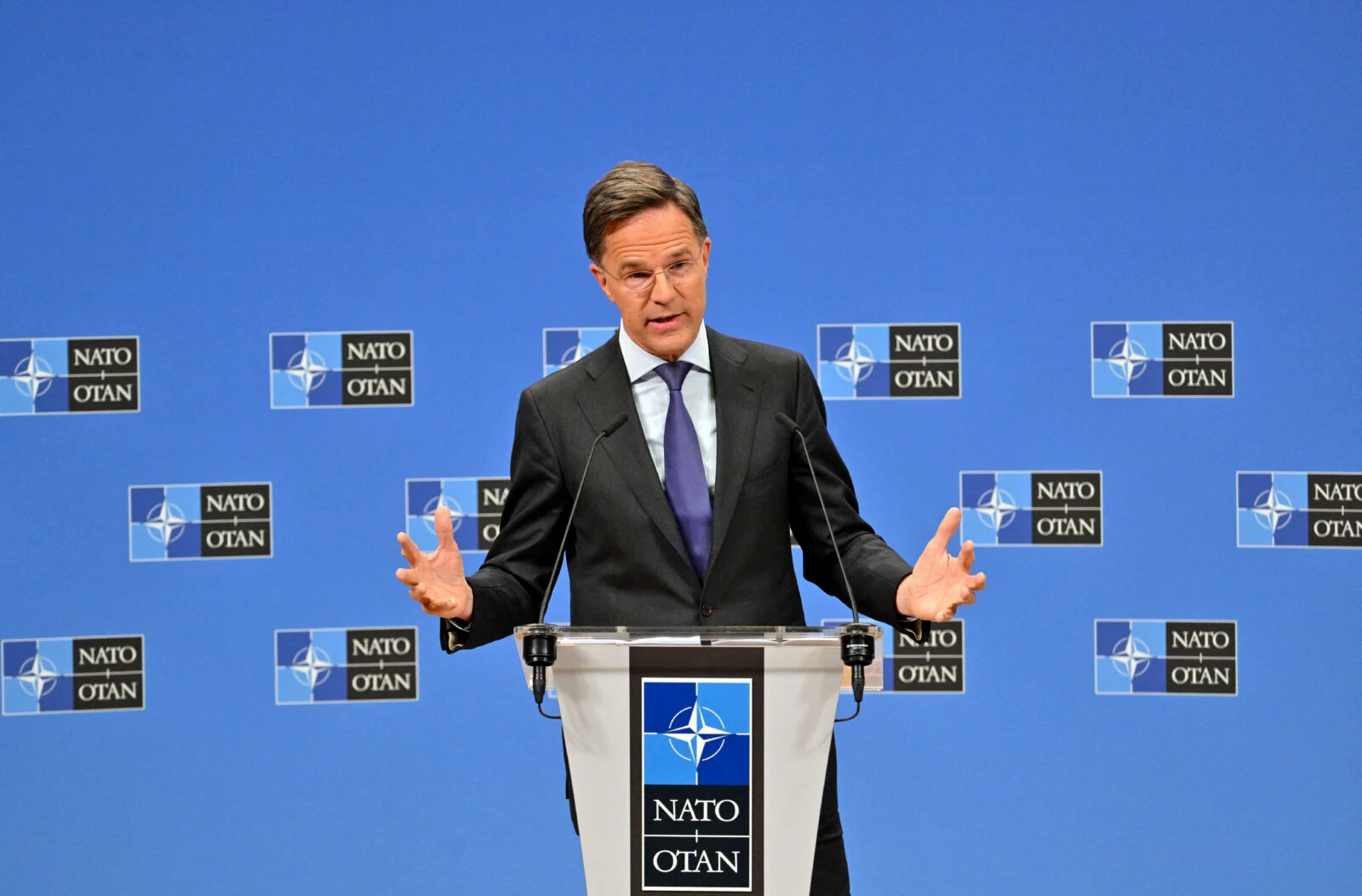
US strategic focus includes Asia-Pacific
Rubio also welcomed the participation of Indo-Pacific partners including Japan, South Korea, Australia, and New Zealand. “We’re seeing rising threats to freedom of navigation and territorial integrity in the Asia-Pacific. We look forward to engaging with our partners there,” he said.
Rutte echoed this sentiment, noting the alliance’s increasing attention to Asia while ensuring no abrupt reduction in U.S. presence in Europe. “Americans have long told us they need to focus more on Asia. That is not new,” Rutte said. “But any shift will be coordinated. The U.S. remains a reliable ally.”
The ongoing war in Ukraine remained central to the discussions. Rutte noted that ministers would address how to sustain military support for Kyiv and welcomed U.S. diplomatic efforts.
“They’re working day and night to support mediation efforts. We support every step toward lasting peace for Ukraine,” he added.


